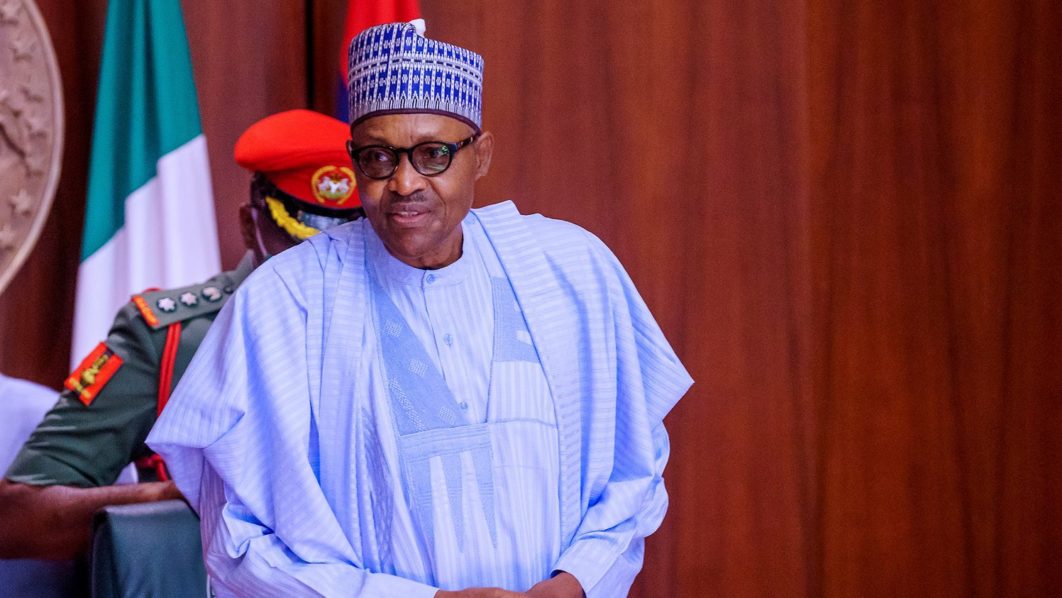
Modelled after the United Nation’s Disarmament, Demobilisation and Reintegration (DDR), the interventionist programme has adjudged a success at outset for restoring oil production to pre-amnesty levels and reducing insecurity in the Niger Delta.
According to a report, the project, originally designed to last for five years, but appears to have no terminal date in sight, has also succeeded in improving the security situation in the region and equipping over 20,000 beneficiaries with formal education and vocational skills, as well as enterprise development, apprenticeship schemes and job placement initiatives.
An assessment prepared for Nextier SPD (Security, Peace and Development) by a team of consultants had, sadly too, revealed that PAP was battling deficit crisis of transparency, consistency and efficient management of resources.
Besides, the document noted that the programme was becoming too expensive to maintain amid corruption, nepotism, prebendal and patrimonial acts, as its implementation between 2010 and 2014 gulped N243 billion ($1.68 billion), making this home-grown DDR programme one of the world’s most expensive.
Also the report stated that until 2016, the yearly budget was N20 billion, while in 2017, the vote almost tripled, with an additional N30 billion ($98.47 million) released, and an extra N5 billion reportedly added at a later stage.
However, the report found that the activities of the organisation were at some point, marred by political intrigues and graft allegations, culminating in the sacking of its coordinator, Prof. Charles Dokubo, by President Muhammadu Buhari on February 28, 2020.
“There have been accusations that PAP has politicised the opportunities being offered in the programme in order to benefit those with some influence over its activities. The lack of genuine employment opportunities and the mismatch between training and opportunities in the Nigerian labour market have also been points of criticism of the PAP’s reintegration phase.
“It is obvious that the root causes of the conflict such as marginalisation, corruption, youth unemployment, poverty and environmental degradation are still visible and unaddressed.
“PAP appears to have rewarded criminality, militancy and aggressiveness while being unable to address the underlying causes that gave birth to the militancy in the first place. There is not an effective corresponding development institution similar to the PAP established to address these thorny problems,” the document noted.
Meanwhile, a team of experts has suggested a shift to another mechanism that could foster peace and security as well as address the underdevelopment of the oil-rich area.
They listed the strategies to include, devolving PAP’s activities to state oil development commissions and encouraging more local ownership and supervision.
Others are closure of the programme over a short time frame (about nine months), ensuring that all registered beneficiaries complete their reintegration processes within this period, among others.
To address the exclusion challenge that fuels crisis every now and then in area, the professionals advised that affected youths, women and communities must be factored into the transition or exit strategy of the scheme.
They stressed that corruption needs to be significantly reduced through effective oversight functions, deployment of robust monitoring and evaluation mechanisms, as well as prosecution and sanctioning of offenders.
Meanwhile, President Buhari, yesterday, approved the appointment of Col. Milland Dixion Dikio (rtd) as PAP’s Interim Administrator with effect from August 21.
A statement signed by Senior Special Assistant on Media and Publicity, Garba Shehu, directed the former head, Prof. Dokubo, to hand over all official documents to the most senior officer in the office.
However, the offer has been opposed by ex-agitators under the aegis of Signatories to the Presidential Amnesty Declaration For Peace and Development.
The opposition was communicated in a statement issued in Yenagoa by the group’s coordinator, Comrade Kingsley Jackrich.



